 I Was Blind But Now I See
I Was Blind But Now I See
We’ve been brainwashed. We need to acknowledge this. We need to recognize who has been doing the brainwashing and work towards reversing its effects. Then, building from the core, we can learn who we really are, get success, wealth, and finally happiness. This book lays out the techniques to escape the zombie recruitment machine, expanding our personal frontiers, and finding the tools to build up the wealth of happiness inside.
James Altucher has written seven books, has written articles for every paper and website in the known universe. Has run several businesses. Has ridden the roller coaster of success and failure many times, in money, love, success, career, etc. Now he shares his experiences on how to get it right, unravel the brainwashing, and ultimately succeed and be happy.
Amazon Link
 One Click
One Click
Amazon’s business model is deceptively simple: Make online shopping so easy and convenient that customers won’t think twice. It can almost be summed up by the button on every page: “Buy now with one click.”
Why has Amazon been so successful? Much of it has to do with Jeff Bezos, the CEO and founder, whose unique combination of character traits and business strategy have driven Amazon to the top of the online retail world.
Amazon Link
 Delivering Happiness
Delivering Happiness
The visionary CEO of Zappos explains how an emphasis on corporate culture can lead to unprecedented success.
Pay new employees $2000 to quit. Make customer service the entire company, not just a department. Focus on company culture as the #1 priority. Apply research from the science of happiness to running a business. Help employees grow both personally and professionally. Seek to change the world. Oh, and make money too.
Sound crazy? It’s all standard operating procedure at Zappos.com, the online retailer that’s doing over $1 billion in gross merchandise sales every year.
Amazon Link
 Enchantment
Enchantment
Enchantment, as defined by bestselling business guru Guy Kawasaki, is not about manipulating people. It transforms situations and relationships. It converts hostility into civility and civility into affinity. It changes the skeptics and cynics into the believers and the undecided into the loyal. Enchantment can happen during a retail transaction, a high-level corporate negotiation, or a Facebook update. And when done right, it’s more powerful than traditional persuasion, influence, or marketing techniques.
Kawasaki argues that in business and personal interactions, your goal is not merely to get what you want but to bring about a voluntary, enduring, and delightful change in other people. By enlisting their own goals and desires, by being likable and trustworthy, and by framing a cause that others can embrace, you can change hearts, minds, and actions.
Amazon Link
 The New Relationship Marketing
The New Relationship Marketing
One of the top social media thought leaders shares her secrets to expanding your business through relationshipsPeople have always done business with people they know, like, and trust. That’s the essence of “relationship marketing.” Today, the popularity of online social networking has caused a paradigm shift in relationship marketing. This book helps businesspeople and marketers master this crucial new skill set. Relationship marketing specialist Mari Smith outlines a step-by-step plan for building a sizable, loyal network comprised of quality relationships that garner leads, publicity, sales, and more.
If you’re a businessman or businesswoman feeling the pressure to shift your approach to using social media marketing, to better understand the new soft skills required for success on the social web, and to improve your own leadership and relationship skills through emotional and social intelligence, this book is for you.
Amazon Link
 The Paradox Of Choice
The Paradox Of Choice
Whether we’re buying a pair of jeans, ordering a cup of coffee, selecting a long-distance carrier, applying to college, choosing a doctor, or setting up a 401(k), everyday decisions–both big and small–have become increasingly complex due to the overwhelming abundance of choice with which we are presented.
We assume that more choice means better options and greater satisfaction. But beware of excessive choice: choice overload can make you question the decisions you make before you even make them, it can set you up for unrealistically high expectations, and it can make you blame yourself for any and all failures. In the long run, this can lead to decision-making paralysis, anxiety, and perpetual stress. And, in a culture that tells us that there is no excuse for falling short of perfection when your options are limitless, too much choice can lead to clinical depression.
Amazon Link
 Private labels are gaining huge market shares mainly in Europe and soon worldwide, but the most enjoyable part of launching a private label product is the adaptation to the local culture and taste.
Private labels are gaining huge market shares mainly in Europe and soon worldwide, but the most enjoyable part of launching a private label product is the adaptation to the local culture and taste.


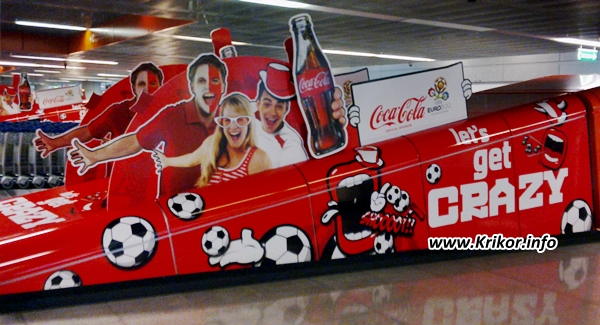
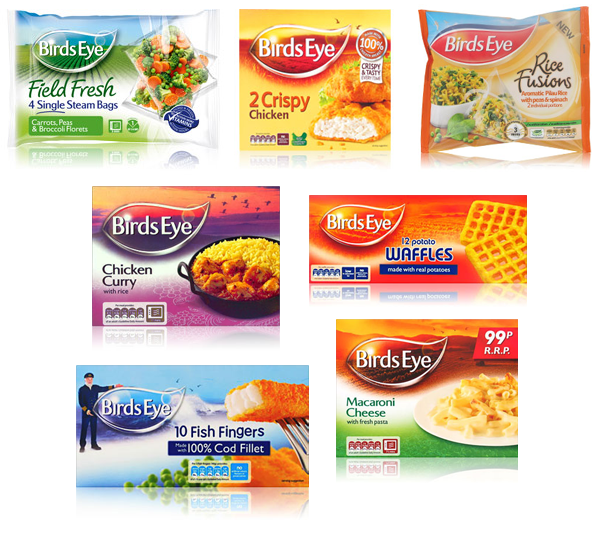
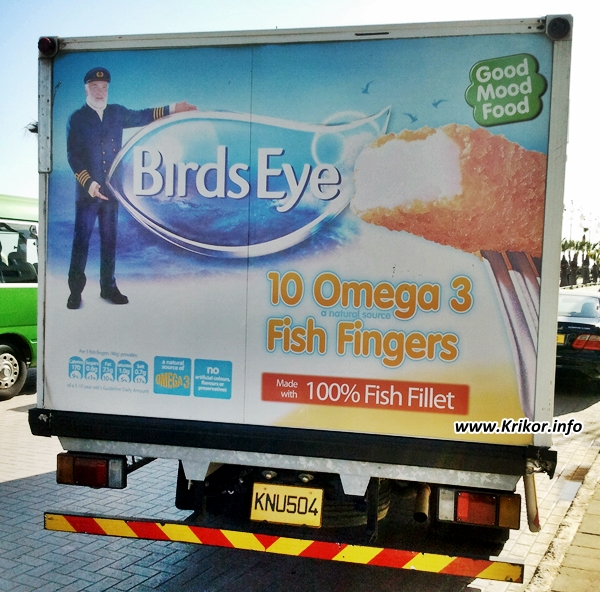
 Rumors are already everywhere online,
Rumors are already everywhere online,  Surely the Apple store model inspired Amazon, the Apple stores are a unique boutique & shopping experience, they bring lots of awareness to the brand, even if you don’t to buy an Apple product when you enter one, you will stroll inside the store, enjoying the simplicity of the decoration, and the products as well.
Surely the Apple store model inspired Amazon, the Apple stores are a unique boutique & shopping experience, they bring lots of awareness to the brand, even if you don’t to buy an Apple product when you enter one, you will stroll inside the store, enjoying the simplicity of the decoration, and the products as well. There was once a businessman who was sitting by the beach in a small Brazilian village.
There was once a businessman who was sitting by the beach in a small Brazilian village.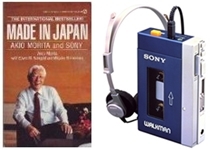 It all started during 1988 or 1989 (cannot remember exactly), when i read a book called
It all started during 1988 or 1989 (cannot remember exactly), when i read a book called 
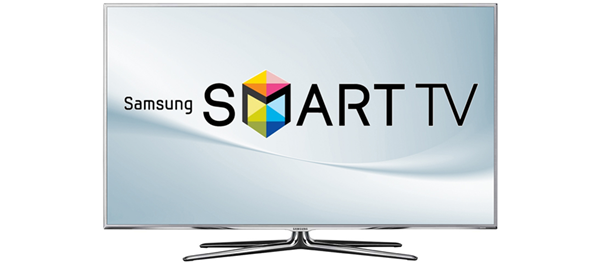
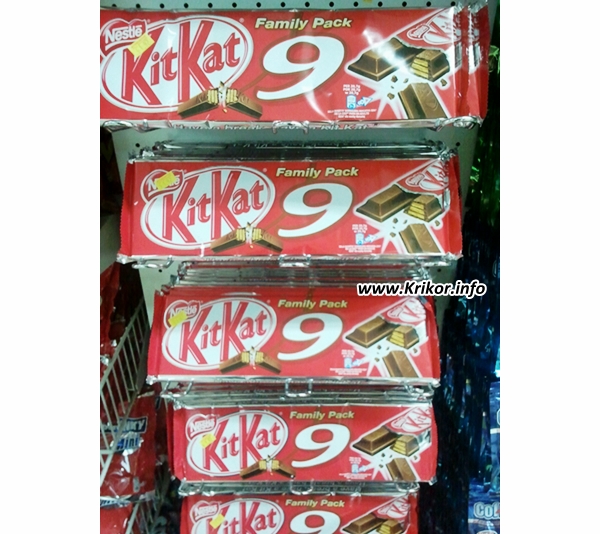

 I Was Blind But Now I See
I Was Blind But Now I See One Click
One Click Delivering Happiness
Delivering Happiness Enchantment
Enchantment The New Relationship Marketing
The New Relationship Marketing The Paradox Of Choice
The Paradox Of Choice